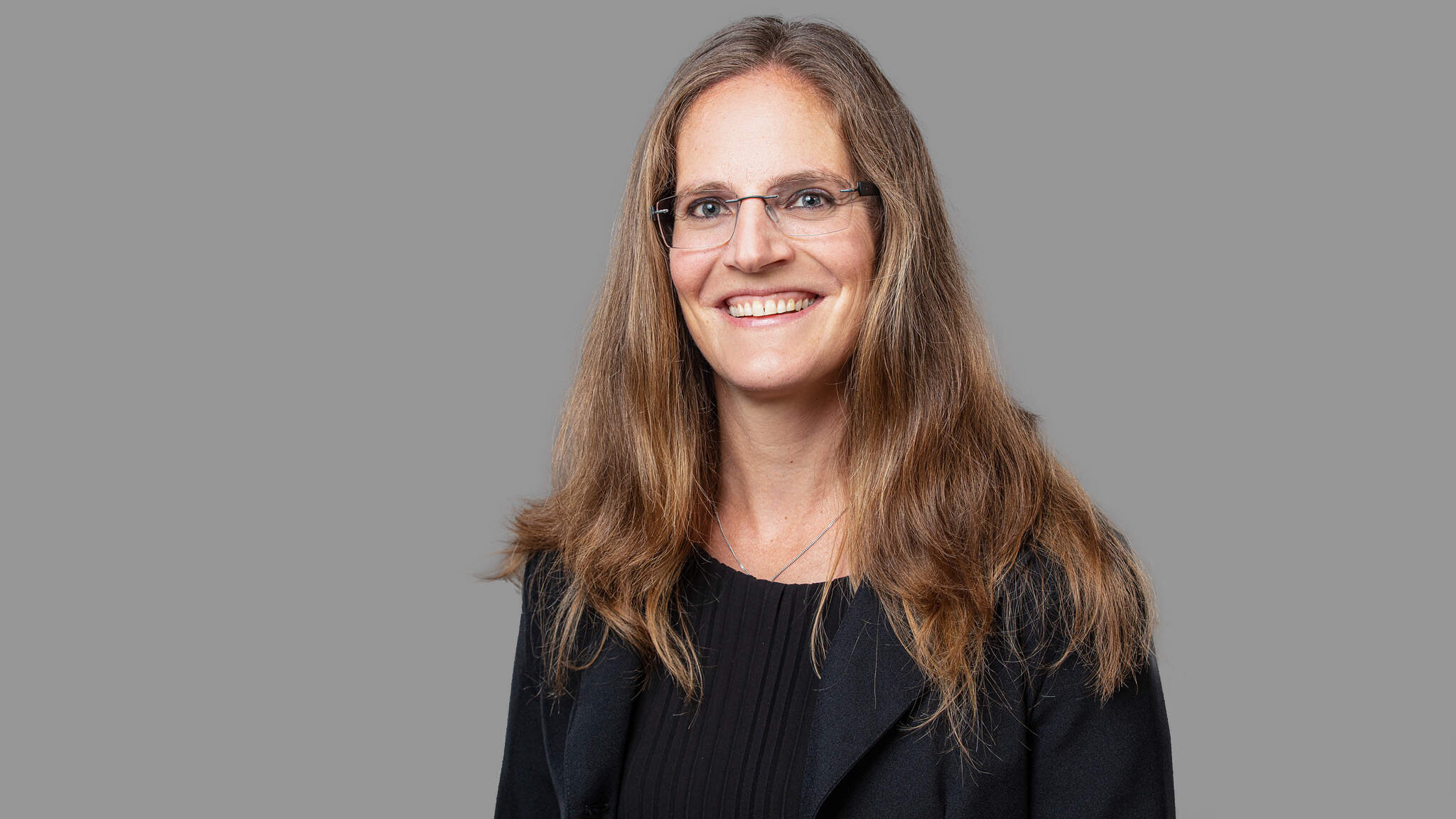Currently not available
Unfortunately the content is not available at the moment. Please come back later.

Receive regularly updates of the selected filters by email.
Your subscription has been created successfully
For your security you need to activate your subscription. We have sent the activation link to your e-mail address.
Data validation failed on server.
Unfortunately, the validation of your entered data failed on server.
IP-adress denied
Unfortunately, your IP is blocked for about 1 minute. You have sent too many requests.
General system error
Unfortunately, there was a problem processing your request. Please try again later.
Unfortunately the content is not available at the moment. Please come back later.
